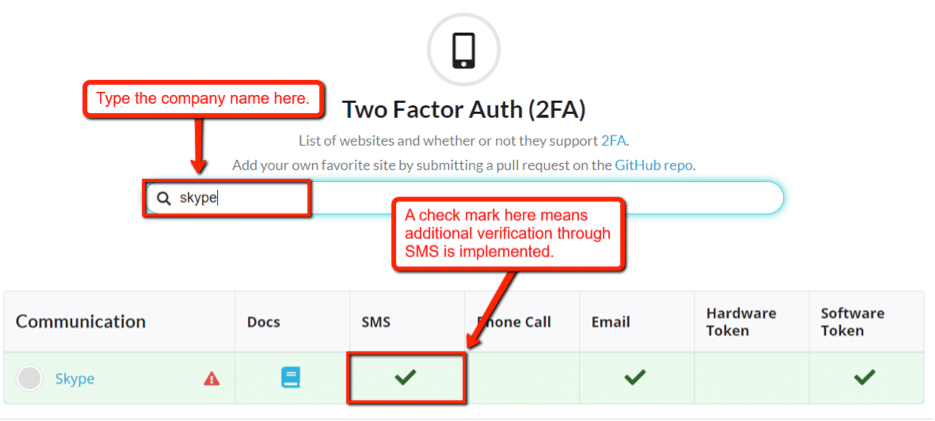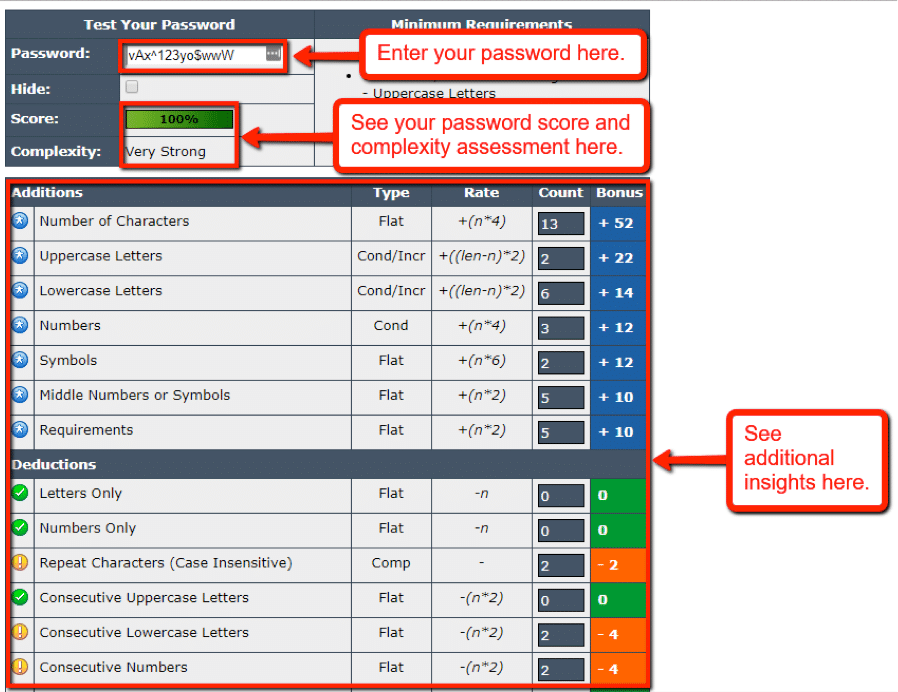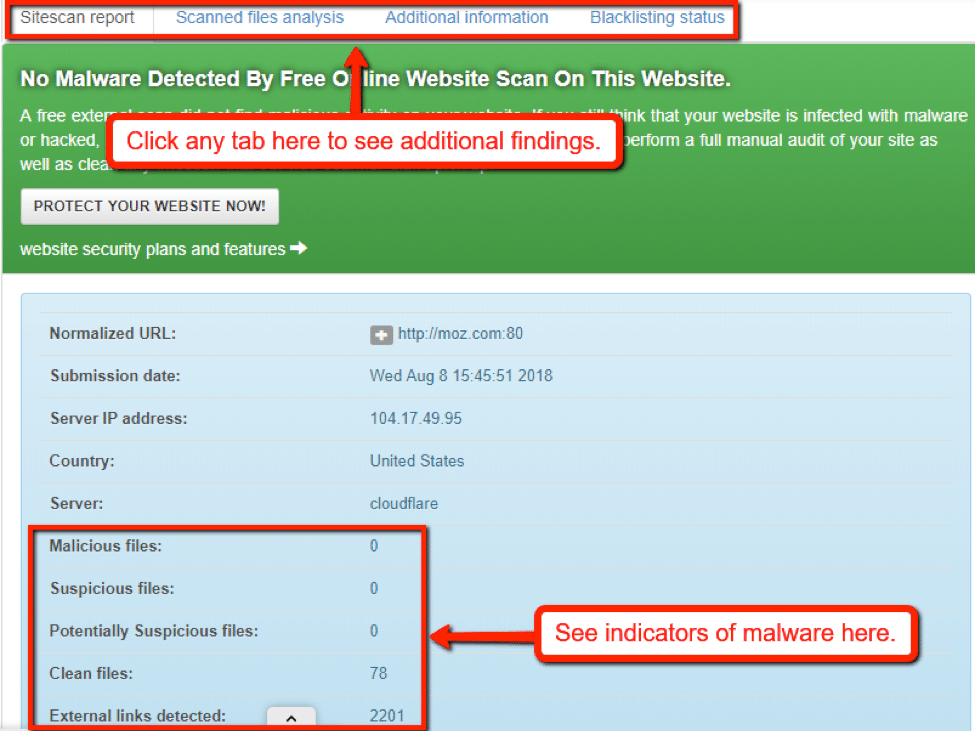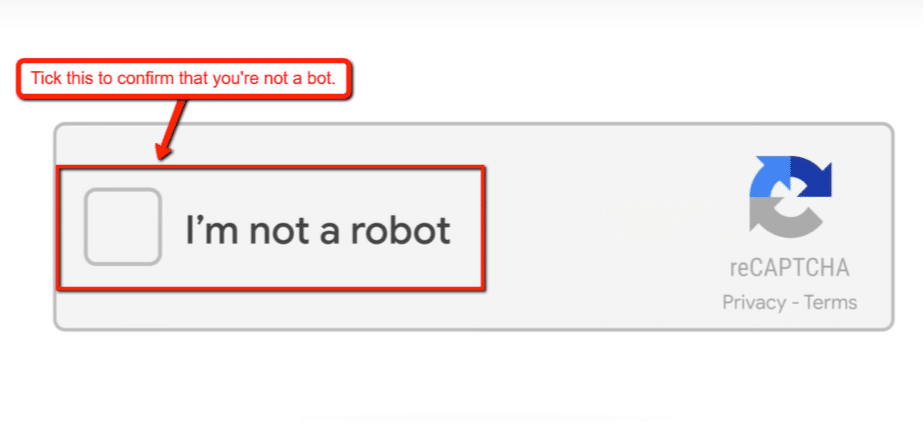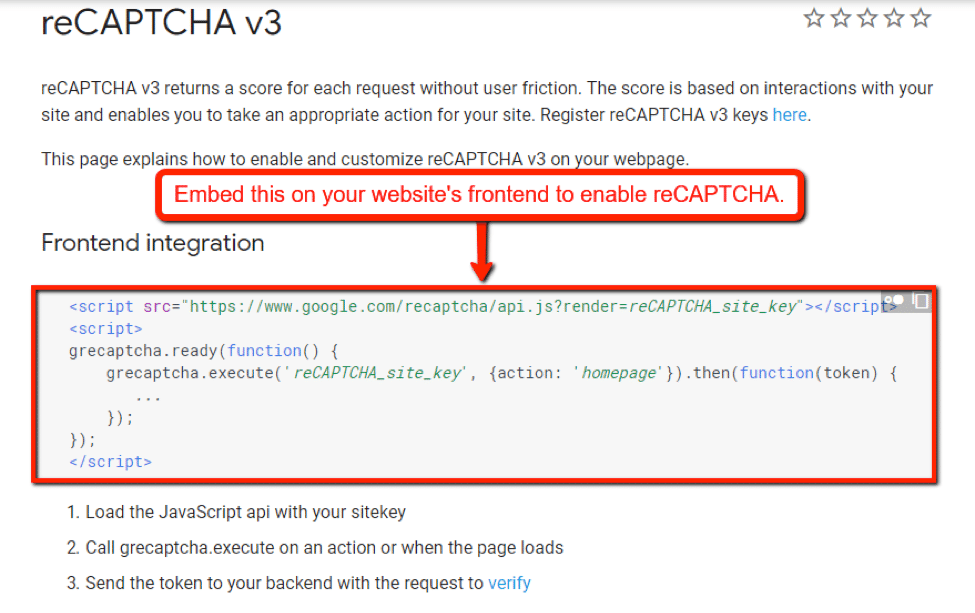By 2021, the cost of global crime damages is estimated to reach a whopping $6 trillion (annually).
The figure tells us that cybercrime is still on the rise, and it’s only going to keep on getting worse.
If you are dead serious about serving your customers and making sure that they are well cared for, you need to bulletproof your website against cyber attacks.
If you’ve been thinking about how to do just that, but you just aren’t “techy” enough to know how to bolster the security of your website, then you’ve come to the right place.
I am going to share with you five security measures you can take to improve your website security.
1. Set up two-factor authentication.
A two-factor authentication system (2FA) gives your website an extra layer of defense against cybercriminals.
To access an account, users and attackers alike would have to go through not just one, but two steps of verifying their identity.
The first step is your password. The second is a unique code sent personally to your phone or other devices that you previously indicated.
With these two steps, the system makes your account even more secure.
There are tools online that help you find websites using 2FA.
One such tool is the Two Factor Auth (2FA).
All you have to do is to type in the company name in the search box, and the tool automatically shows you the results.
Here is how it looks like:
The tool shows you what the company or website uses to authenticate further the user’s identity by putting green check marks under their respective columns.
In this example, Skype uses SMS, email and software tokens.
You can also learn to set up a 2FA system for your account. Simply go to your account settings and look for the security-related aspect.
Here is how Google allows you to set up one:
First, you have to provide the phone number by which Google can contact you.
Next, you have to select how Google can send you the security codes — if it will be via text message, phone call, security key or a Google prompt on your phone.
2. Create stronger passwords.
It is common advice for businesses to engage their customers online not just through the website but also on social media networks for a couple of reasons.
They can get higher SEO rankings and create a better customer experience, especially if they have multiple social media accounts.
That strategy is certainly advantageous. Don’t forget, though, that multiple accounts may be susceptible to hacks. One way to secure them through strong passwords.
When trying to hack a website or account, cybercriminals use a method of trying different character combinations until they successfully crack your password.
If that is the case, then a stronger password makes any chance of a successful hack next to impossible.
Stronger passwords are typically made of 10 to 13 different kinds of characters. It should have a mix of uppercase and lowercase letters, numbers, and special symbols.
If you want to further validate the strength of your password, the internet, fortunately, has tools to do just that. One tool you can use is the Password Meter.
You only need to enter your proposed password in the field. In this case, I used vAx^123yo$wwW.
Immediately, the tool shows you the score of your password and its assessment of how complex it is.
It also provides additional specific insights, like what kind of characters are missing, as well as the requirements and standards for assessing.
A nifty tool like this can help you know what to adjust in your password so you can strengthen it and secure your account.
3. Implement penetration tests.
Penetration testing, also known as pen testing, helps bulletproof your business by simulating cyber attacks and evaluating how weak or robust your defenses are.
The tester then presents to you the gaps and vulnerabilities in your website and systems and recommended actions to fix them.
You may opt to perform a pen test on your own, but the process involves several network scans and probing that can delay or even crash your computer, and disturb your business operations.
If you’re not expertly acquainted with the virtual realm, you may want to consider instead tapping third-party cybersecurity service providers. Many businesses do so.
These service providers can carry out comprehensive pen tests on your networks, even social engineering controls, and mobile apps, among others.
In case you’re wondering why your mobile apps should undergo penetration tests, here’s why.
Mobile apps right now go through intensive scrutiny upon launching. Users are even more intolerant of apps that do not only satisfy their UX standards but also compromise their privacy.
If you have a mobile app, keep this in mind: glitches, poor UX/UI, and suspicious cybersecurity issues are some of the things you should ditch to make a mobile app successful.
Remember to implement pen tests as often as you can so you can be aware of the risk level your website, apps and network defense systems may possibly be at.
4. Scan for malware.
Malware is a broad term used to describe any malicious software intended to infect and harm computers. Examples include Trojans, viruses, adware, and ransomware.
While cybercriminals can transmit malware into websites, malware can also creep into phishing and spam emails and contaminated websites.
You may not even be aware that plugins and bots may also contain malware.
If you’re using WordPress for your business site, you need to check and ensure your WordPress ecommerce plugins are 100% malware-free.
So how can you guard your computers, accounts, and websites against them?
You have to regularly scan them for any existing malware, and you can do this through a tool called Quttera.
To start your free scan, enter your website’s URL in the box and click Scan Malware, as shown below:
Quttera presents you its scan findings on your website, files, links, referenced domains and more, as you can see here:
A scanning tool like Quttera will give you an idea of any malware present so you can take appropriate action to eliminate it.
5. Enable reCAPTCHA on your site.
reCAPTCHA is a free service provided by Google that helps to tell if the clicks on your website are by humans or bots.
It is important for you to distinguish between the two so you can bulletproof your site from abuse or spam.
The way to tell who’s clicking is through puzzles that should be solved before accessing the webpage. Humans can solve them, but bots have a hard time doing so.
Here is a preview of how reCAPCTHA works:
When the above box appears, simply tick it to tell Google that you’re not a robot and you can proceed with the page you intended to visit.
You can also enable one on your website. Google tells you how:
After you register and get your keys, you can embed the code shown above on the frontend of your website to start enabling reCAPTCHAs.
What’s next?
What are some strategies that you can share to improve your website security?
Please take the time to share your ideas in the comments section below. Cheers!
Thanks for reading this article. If you're new here, why don't you subscribe for regular updates via RSS feed or via email. You can also subscribe by following @techsling on Twitter or becoming our fan on Facebook. Thanks for visiting!













































































































































































